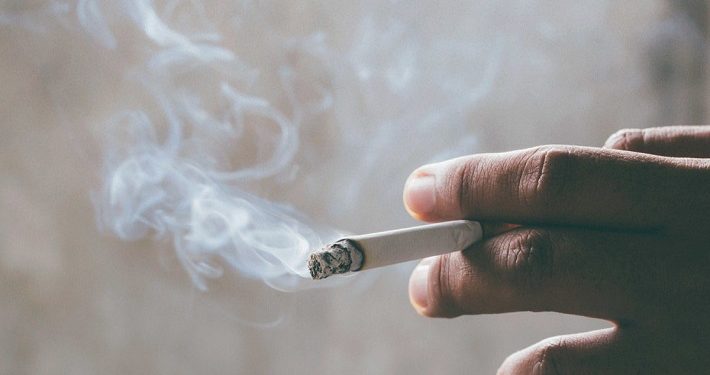With the new regulations, smoking is being phased out and New Zealanders who are 14 years old and below will never be legally able to buy tobacco.
New Zealand has announced it will outlaw smoking and ban cigarettes for the next generation so that those who are aged 14 and under today will never be legally able to buy tobacco.
“This is a historic day for the health of our people,” associate health minister Dr Ayesha Verrall said on Thursday, “We want to make sure young people never start smoking so we will make it an offence to sell or supply smoked tobacco products to new cohorts of youth. People aged 14 when the law comes into effect will never be able to legally purchase tobacco,”
Ms Verrall added that the legislation would be introduced in 2022, with age limits to be introduced in 2023.
Under the new legislation, the legally accepted age of smoking will be reviewed and increased each year, ahead of New Zealand’s plans to completely ban smoking in the country in the next four years.
Other measures to be enforced with the government includes reducing the legal amount of nicotine in tobacco products, clamping down the shops where cigarettes could legally be sold, and increasing funding to addiction services.
New Zealand has set reducing its national smoking rate to five per cent by 2025 as a national goal. The policy was first made public in April, where the government acknowledged the possibility of an expanded black market for tobacco in the initial proposals.
The legislation was among several proposals announced by the government that set out to reduce smoking levels in New Zealand across all ethnic groups, including its poorer Indigenous Maori and Pacific Island citizens.
According to reports, New Zealand’s daily smoking rates have been dropping over time, down to 11.6 per cent in 2018, from 18 per cent a decade earlier. But smoking rates for Maori and Pacifika were far higher, 29 per cent for Maori and 18 per cent for Pasifika.
The policies have been lauded by public health experts on Thursday.
“New Zealand once again leads the world – this time with a cutting-edge smoke-free 2025 implementation plan – it’s truly a game-changer,” said Dr. Natalie Walker, director of the Centre for Addiction Research at the University of Auckland. The reduction of nicotine in cigarettes was a world first, said public health professor Chris Bullen. From a health perspective, “all my wishes have come true”, he said.






